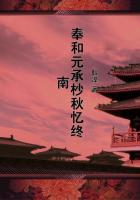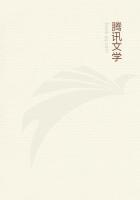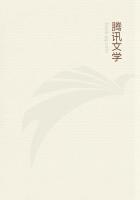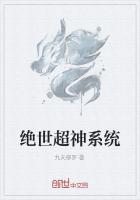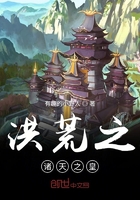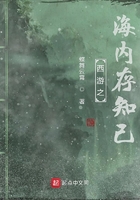The duke and the philosopher, having laid in their companionship abroad the foundation of a friendship which lasted till the death of the latter, returned to London in October, 1766. The next ten years of his life Adam Smith spent at home with his mother and cousin, preparing the work on which his fame now chiefly rests. It was a period of quiet uneventful study, and almost solitude. Writing to Hume, he says that his chief amusements are long and solitary walks by the sea, and that he never felt more happy, comfortable, or contented, in his life. Hume made vain endeavours to tempt him to Edinburgh from his retirement. "I want," he said, "to know what you have been doing, and propose to exact a rigorous account of the method in which you have employed yourself during your retreat. I am positive you are wrong in many of your speculations, especially where you have the misfortune to differ from me. All these are reasons for our meeting."This was in 1769. Seven years later, 1776, the Wealth of Nations appeared, and Hume, who was then dying, again wrote his friend a congratulatory letter. " Euge ! Belle ! I am much pleased with your performance, and the perusal of it has taken me from a great state of anxiety. It was a work of so much expectation, by yourself, by your friends, and by the public, that I trembled for its appearance; but am now much relieved. Not but that the reading of it necessarily requires so much attention, that I shall still doubt for some time of its being at first very popular. But it has depth and solidity, and acuteness, and is so much illustrated by curious facts, that it must, at last, take the public attention. It is probably much improved by your last abode in London. If you were here, at my fireside, I should dispute some of your principles. . . . But these, and a hundred other points, are fit only to be discussed in conversation.
I hope it will be soon, for I am in a very bad state of health, and cannot afford a long delay."This letter seems to have led to a meeting between the two friends, the last before the sad final separation. Of the cheerfulness with which Hume met his death, Adam Smith wrote an account in a letter addressed to Strahan, the publisher, and appended to Hume's autobiography, telling how Hume, in reference to his approaching departure, imagined a conversation between himself and Charon, and how he continued to correct his works for a new edition, to read books of amusement, to converse, or sometimes play at whist with his friends. He also extolled "Hume's extreme gentleness of nature, which never weakened the firmness of his mind nor the steadiness of his resolutions; his constant pleasantry and good humour; his severe application to study, his extensive learning, his depth of Thought." He thought that his temper was more evenly balanced than in any other man he ever knew; and that, however much difference of opinion there might be among men as to his philosophical ideas, according as they happened or not to coincide with their own, there could scarcely be any concerning his character and conduct. "Upon the whole," he concluded, "I have always considered him, both in his lifetime and since his death, as approaching as nearly to the idea of a perfectly wise and virtuous man as perhaps the nature of human frailty will permit."Considering that Hume counted among his friends such churchmen as Robertson the historian, and Blair, author of the Sermons , Adam Smith's confident belief in the uniformity of judgment about his friend's character need not appear unreasonable; but, unfortunately, a dignitary of the Church, author of a Commentary on the Psalms , and afterwards Bishop of Norwich, chose to consider the letter to Strahan a manifesto against Christianity, and accordingly published anonymously a letter to Adam Smith, purporting to be written "by one of the people called Christians." The writer claimed to have in his composition a large proportion of the milk of human kindness;to be no bigot nor enemy to human learning; and never to have known the meaning of envy or hatred. Strange then that, at the age of forty-six, Dr. Home should have been guilty of a letter, which it would be difficult to match for injustice of inference, or contemptibility of style, and which he even thought fit to leave to posterity among his other published works.
He begins: "You have been lately employed in embalming a philosopher; his body , I believe I must say, for concerning the other part of his nature neither you nor he seem to have entertained an idea, sleeping or waking. Else it surely might have claimed a little of your care and attention;and one would think the belief of the soul's existence and immortality could do no harm, if it did no good, in a Theory of Moral Sentiments .

